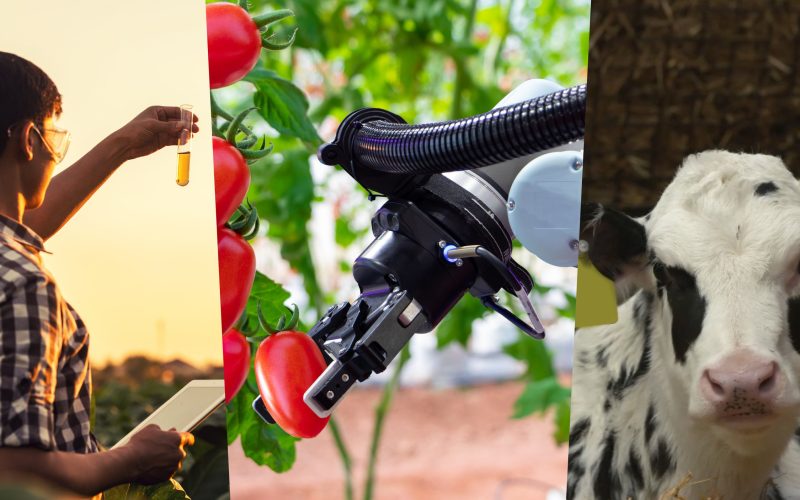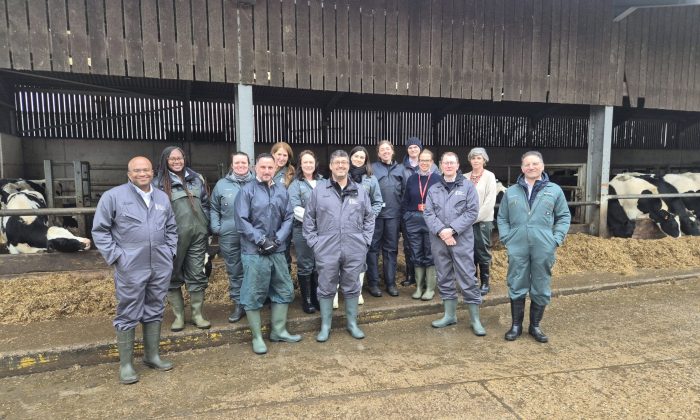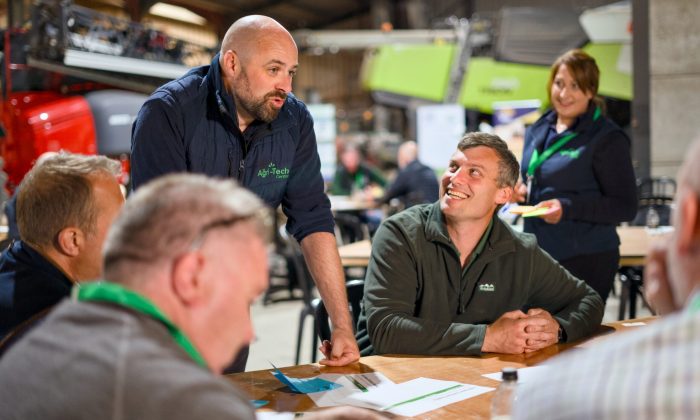Agri-tech is steadily gaining traction and credibility, revolutionising processes across the entire supply chain in the agri industries. It’s transforming labour-intensive tasks like picking produce with robotics and automation, harnessing AI and satellite data to improve decision-making about land management, combating crop disease and improving livestock health through biotechnologies and gene editing, and utilising IoT-enabled smart solutions for logistics. While there has been huge growth and pioneering developments in the agri-tech industry, there are also several myths and misconceptions about agri-tech that are impacting the adoption of new technologies and solutions by agriculture and food industry businesses.
Here, we unpack some of the common myths about agri-tech:
- Myth: Agri-tech is only focused on farming. Today’s agri-tech innovations span far beyond the developments of tools and technologies solely for the farming of crops and livestock. Agri-tech innovations can be seen across the breadth of today’s agri-industries, including tech developments in horticulture, aquaculture and forestry.
- Myth: Agri-tech products and solutions are expensive. Many agri-tech businesses are focused on developing low-cost technologies that deliver high value and help reduce costs, especially for small businesses. For example, drone technology and smart monitoring systems are low entry cost systems that enable agriculture businesses to monitor and manage a range of issues, such as soil conditions and crop health.
- Myth: Agri-tech requires specialist training before businesses can use it. Many agri-tech developers are focused on creating user-centric tools and products. We’re working to grow the co-development of solutions to ensure products and services are useful and usable, including providing opportunities for industry and academia to work together on new ideas in open innovation groups.
- Myth: Agri-tech is only being developed for large or corporate farms and agribusinesses. Agri-tech solutions and products are being developed for businesses of all sizes and specialisms, with many agri-tech businesses and developers working in partnership with small businesses to test and develop their technologies.
The UK’s agri-food sector is fragmented, complex and diverse, and information doesn’t always flow seamlessly. This can result in confusion and misunderstanding.
It’s critical that agri-businesses are aware of the transformational impact that agri-tech innovation can have on their business, from finding solutions to climate change challenges and sustainability to boosting efficiencies and productivity, so they can take advantage of the innovations that are coming to the market.
Our mission as the UK Agri-Tech Centre is to accelerate agri-tech innovation and adoption. Growing and building connections across the entire sector ecosystem will be critical to this. Improved connections between agri-tech innovators, businesses and funders will enhance knowledge about the power and potential of agri-tech, as well as increase access to funding, expertise and facilities to accelerate innovation and adoption.
The breadth and depth of agri-tech is huge, reflecting the number of industries operating in the agriculture and food sectors. In our previous blog, you can read more about the wide range of innovations that agri-tech is pioneering.
By taking a systems-wide approach and nurturing cross-sector collaboration that recognises the breadth of the sector, we will ensure awareness and accurate information about agri-tech flows throughout the ecosystem so these myths and misconceptions cease to exist.
This will pave the way for new partnerships and deeper connections between science, business and funding that will facilitate an acceleration in agri-tech innovation, and ultimately in the adoption of new technologies and solutions across the agri-industries to boost economic growth.
If you have any questions about myths mentioned in this blog or any general enquiries about the UK Agri-Tech Centre, please contact [email protected]



